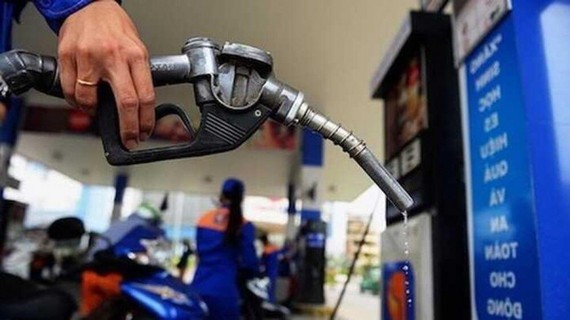
Deputy Prime Minister Le Minh Khai cum Head of the Steering Committee for Price Management made the statement at a meeting yesterday. According to the Ministry of Finance’s report, in the first six months of 2022, the consumer price index (CPI) averagely increased by 2.44 percent compared to the same period last year.
However, although the CPI is higher than that of 2021’s first six months with 1.19 percent, it is still lower than the increase of the first six months of the 2017-2020 period, said the Ministry.
Core inflation in the first six months increased by 1.25 percent, creating room to keep inflation in the year at 4 percent set by the National Assembly and the Government.
The Deputy Prime Minister stated that in the first six months of the year, price management was under a lot of pressure; thankfully, the Government and the Prime Minister have had good direction and related ministries and agencies have intervened drastically to keep inflation under control with the average CPI increase of 2.44 percent.
Nevertheless, he warned that in the coming time, the situation is unpredictable, it is highly likely that prices will increase while responsible agencies will face difficulties in controlling inflation.
Therefore, the government and ministries must keep an eye on price control. Ministries and sectors must focus on researching and coming up with appropriate solutions and quickly updating the situation, implementing solutions directed by the Government, the Prime Minister and the Steering Committee flexibly, contributing to keeping the Consumer Price Index in line with the objectives set by the National Assembly.
Ministries and sectors which are responsible for handling essential products must have timely solutions to ensure supply and demand as well as closely monitor the situation and handle hoarding and shortage of goods.
The State Bank of Vietnam is assigned to implement the monetary policy proactively and flexibly in close coordination with fiscal policy and other macroeconomic policies in order to control inflation.
The bank is tasked to stabilize the exchange rate, and keep the value of the currency; therefore, it must effectively use foreign exchange reserves in addition to an appropriate policy to control the foreign exchange market and inspection and strict handling of foreign exchange hoarding and manipulation of the market and control of reasonable credit growth.
Along with that, there must be appropriate solutions for essential goods that affect CPI. For example, although gasoline has been adjusted, the price of RON95 gasoline is still very high at VND32,763 a liter despite environmental protection tax reduction recently.
The Deputy PM suggested that if possible, further reduction of Value-Added Tax and excise tax should be considered by responsible ministries and agencies. This fiscal policy must be handled quickly to control because petroleum has a big impact on CPI.
People's committees in provinces and cities should have solutions to stabilize prices, control prices, and perform the function of price management in their localities.
Last but not least, local administration should strengthen the anti-smuggling of petroleum across borders because domestic gas prices are lower than in some countries in the region.
























